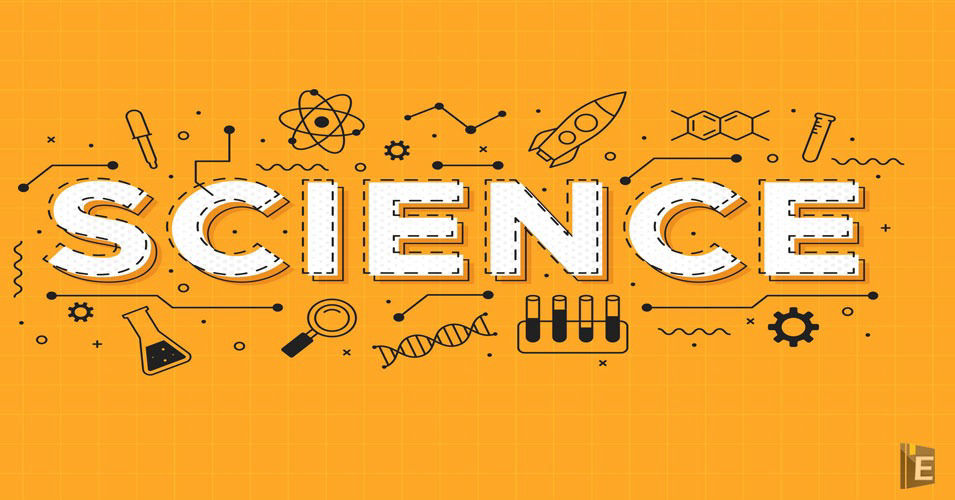


Science General Knowledge Questions are vital within the General Science section. Generally, Science General Knowledge Questions in competitive exams are associated with various topics like Chemistry GK, Physics GK, Biology GK, Science GK, etc., thanks to which students need to search for more and more Science General Knowledge Questions. But now you are doing not have to move to many mediums, during this blog you'll get important Science General Knowledge Questions and Answers.
So here, I’ve got prepared some such Science General Knowledge Questions and Answers which might give the correct guidance to the scholars within the examination. These Very Important Science General Knowledge Questions are asked again and again in previous prestigious exams.
Also, Read Latest Current Affairs Questions 2022: Current Affairs Today
Students can quickly get free General Knowledge Mock Test and Current Affairs Mock Test on this platform for online exam practice to obtain good marks in competitive exams.
Q :
What is the substance of tooth gum which is very hard?
(A) Copper chloride
(B) calcium phosphate
(C) calcium carbide
(D) calcium carbonate
Which gas is emitted by adding dilute sulfuric acid to granulated zinc?
(A) Hydrogen gas
(B) Sulfur Dioxide
(C) Oxygen gas
(D) No gas
Polio disease is caused by?
(A) Bacteria
(B) Protozoa
(C) Virus
(D) None of these
Which nature's flame is emitted when a ribbon of magnesium is combusted?
(A) red and bright
(B) Blue shiny
(C) White luminous
(D) bright green
Gilbert is the unit of?
(A) Magnetism carrying force
(B) electric carrying force
(C) Conductivity
(D) Electronegativity
Ribosome was discovered by?
(A) Fontana
(B) Benda
(C) Porter
(D) Palade
What is the unit of genetics?
(A) Gene
(B) Chromosome
(C) DNA
(D) RNA
The monkey is placed in which of the following union?
(A) Mamlas
(B) Reptilia
(C) Insecta
(D) pieces
A primate is any mammal of the group that includes lemurs, lorises, tarsiers, monkeys, apes, and humans. The order Primates, with its 300 or more species, is the third most diverse order of mammals, after rodents and bats.
What are the biological factors causing disease?
(A) vector
(B) bacteria
(C) factor
(D) pathogen
These factors include age, sex, genetic inherited conditions (e.g., sickle-cell, cystic fibrosis), or genetic alterations that increase risks for certain diseases (e.g., BRCA1/BRCA2, MEN1).
Which of the following is not an infected disease?
(A) Malaria
(B) Allergies
(C) Influenza
(D) Polia
Cancer is not an infectious disease. Cancer cannot be passed from one person to another by breathing the same air, sharing a toothbrush, touching. Cancer is a disorder in which cell growth is uncontrolled.
Get the Examsbook Prep App Today